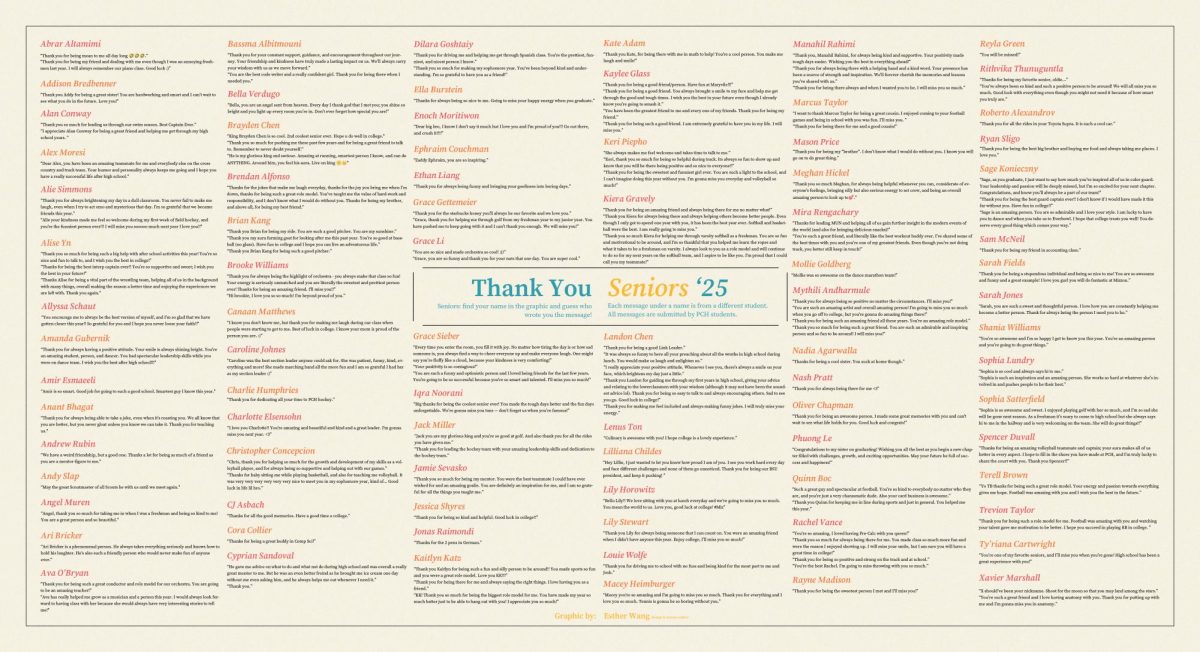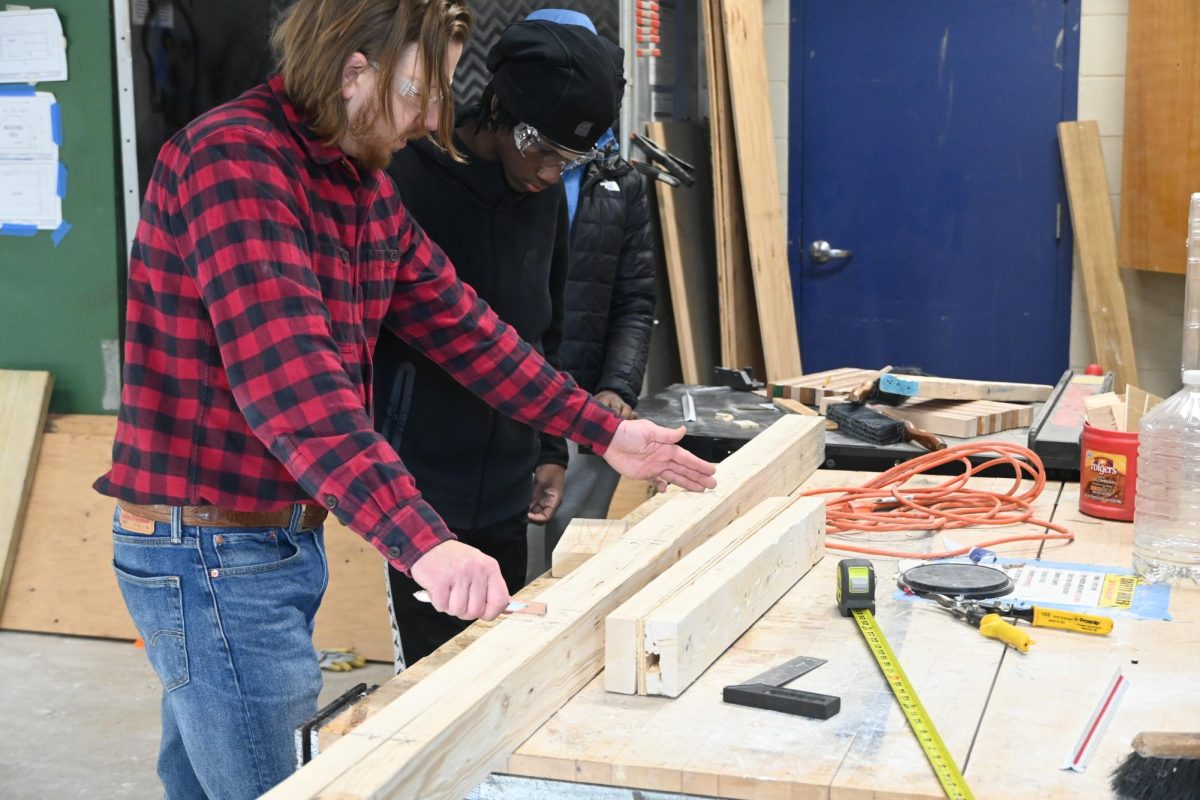Many graduates move on to make a difference in their communities, sometimes even at a global scale. Andrew Peace, a member of the 2007 graduating class, does just that.
Peace is the country co-director of Project Peanut Butter in Mali, a country in western Africa. Project Peanut Butter is a non-profit organization that promotes the treatment of severe acute malnutrition through the use of a peanut-based formula. The program focuses on children from six months to five years, when they are the most vulnerable to malnutrition.
“Project Peanut Butter provides a solution for child malnutrition. Through the World Health Organization, we needed to be able to create a therapeutic food formula; it’s kind of the consistency of melted peanut butter and is used as the sole basis for the diet of these children under five,” Peace said.
Dr. Mark Manary developed the formula used in Project Peanut Butter around 2001-02, and first put it to use in Malawi. Four years later, the project expanded to Sierra Leone and more recently to Mali.
According to Peace, he did not expect that he would end up in Mali and did not discover his aptitude for medicine until after he graduated from Parkway Central. Before his move to Mali, Peace even worked as an EMT in Boston.
“I started working for Mark in the summer; my wife kind of dragged me into the process. She more or less said if you want to get married, you’ll move to Africa,” Peace said with a smile. “Mark was really enthusiastic about having me along for the ride.”
In Mali, Peace oversees the national operations, including the clinics that are held every two weeks.
“There’s always a great experience in the clinic; every two weeks we see the same children and see them come back from near death to thriving; they act different, look different, and their mothers are incredibly grateful,” Peace said.
According to Peace, a child who is near death but still has an appetite can completely recover from malnutrition, sometimes in as few as eight weeks. With the innovative new method, there is a 95 percent success rate, compared to a 40 percent success rate with previous methods.
“We developed a formula with no preparation needed, no cooking; it has a yearlong shelf life with no refrigeration needed. It’s made of four simple ingredients – peanuts, oil, sugar, milk – and the micronutrient compound,” Peace said. “There was a year or so of trials and procedures, and now the number of people staying healthy is now up to 85-90 percent.”
The formula is an at-home treatment so that entire families aren’t displaced to hospitals which, according to Peace, often creates a greater struggle for families due to their lack of nurses and other medical professionals. “Mothers can stay at home with the rest of the family and just feed the child the special food,” he said.
The treatment is produced locally, so it employs locals and uses local ingredients to boost the economy. All earnings and donations, which are always accepted, cycle back to produce more of the formula.
Peace hopes to continue his work with Project Peanut Butter, and the organization aspires to expand to other countries in need.
“This is completely different in culture. I’m working, knowing I’m doing something worthwhile, and leaving an impact on people’s lives – not just the tangible today but the guarantee that generations of people will survive and thrive. That’s the best part of what I’m doing,” Peace said.







